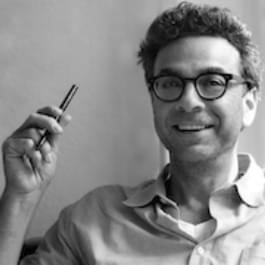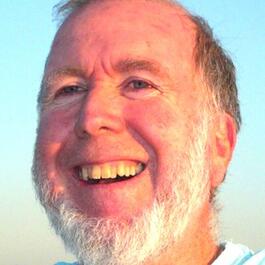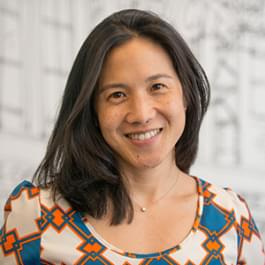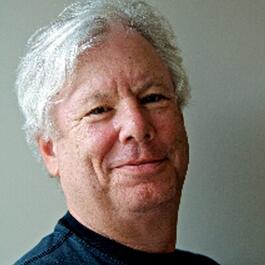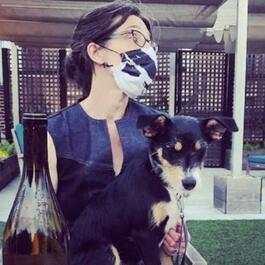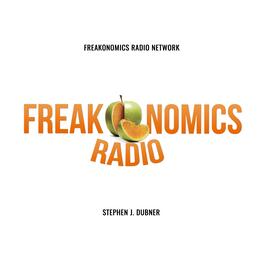
Freakonomics Radio
Freakonomics co-author Stephen J. Dubner uncovers the hidden side of everything. Why is it safer to fly in an airplane than drive a car? How do we decide whom to marry? Why is the media so full of bad news? Also: things you never knew you wanted to know about wolves, bananas, pollution, search engines, and the quirks of human behavior. To get every show in the Freakonomics Radio Network without ads and a monthly bonus episode of Freakonomics Radio, start a free trial for SiriusXM Podcasts+ on Apple Podcasts or by visiting siriusxm.com/podcastsplus.
Show episodes
They should have died out when the lightbulb was invented. Instead they’re a $10 billion industry. What does it mean that we still want tiny fires inside our homes? SOURCES:Tim Cooper, professor emeritus of sustainable design and consumption at Nottingham Trent University.Gökçe Günel, professor of anthropology at R
The former secretary of state isn’t a flamethrower, but he certainly has strong opinions. In this wide-ranging conversation with Stephen Dubner, he gives them all: on Israel, Gaza, China, Iran, Russia, Biden, Trump — and the rest of the world. SOURCES:Antony Blinken, former Secretary of State. RESOURCES:"Evaluating t
Until recently, Delaware was almost universally agreed to be the best place for companies to incorporate. Now, with Elon Musk leading a corporate stampede out of the First State, we revisit an episode from 2023 that asked if Delaware’s “franchise” is wildly corrupt, wildly efficient … or both? SOURCES:John Cassara, re
For years, the playwright David Adjmi was considered “polarizing and difficult.” But creating Stereophonic seems to have healed him. Stephen Dubner gets the story — and sorts out what Adjmi has in common with Richard Wagner. SOURCES:David Adjmi, author and playwright. RESOURCES:"The West End is enjoying a theatre rev
The Gulf States and China are spending billions to build stadiums and buy up teams — but what are they really buying? And can an entrepreneur from Cincinnati make his own billions by bringing baseball to Dubai? SOURCES:Simon Chadwick, professor of afroeurasian sport at Emlyon Business School.Derek Fisher, high school
Before she decided to become a poker pro, Maria Konnikova didn’t know how many cards are in a deck. But she did have a Ph.D. in psychology, a brilliant coach, and a burning desire to know whether life is driven more by skill or chance. She found some answers in poker — and she’s willing to tell us everything she learne
